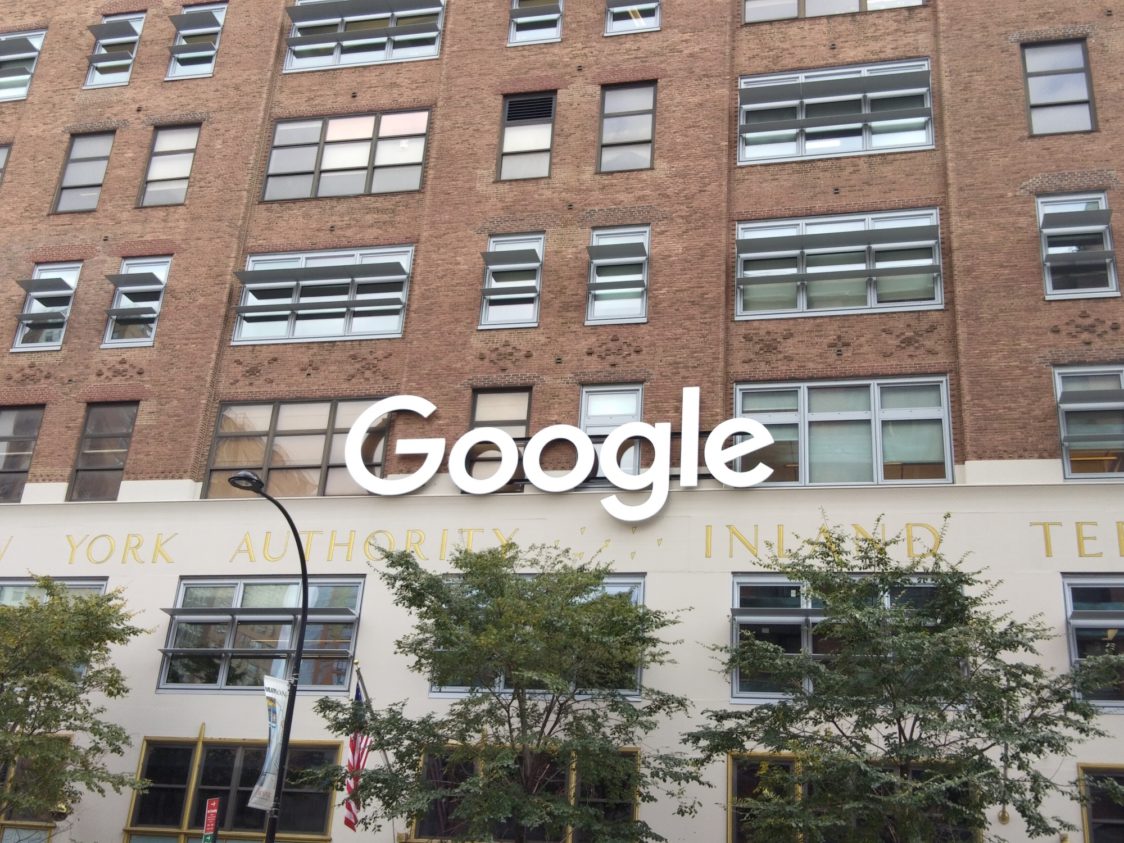SAN FRANSISCO: Several India-based firms are spoofing the World Health Organisation (WHO) by creating fake Gmail accounts and luring business leaders in disguise of informing them of latest Covid-19 announcements and hack their personal and financial information, Google has warned.
These “hack-for-hire” firms, many based in India, have been creating Gmail accounts spoofing the WHO, largely targeting business leaders in financial services, consulting, and healthcare corporations within numerous countries including, the US, Slovenia, Canada, India, Bahrain, Cyprus, and the UK.
“The lures themselves encourage individuals to sign up for direct notifications from the WHO to stay informed of COVID-19 related announcements, and link to attacker-hosted websites that bear a strong resemblance to the official WHO website,” security researchers from Google’s Threat Analysis Group said on Wednesday.
The sites typically feature fake login pages that prompt potential victims to give up their Google account credentials, and occasionally encourage individuals to give up other personal information, such as their phone numbers.
On any given day, Google’s Threat Analysis Group (TAG) said it is tracking more than 270 targeted or government-backed attacker groups from more than 50 countries.
Last month, it sent 1,755 warnings to users whose accounts were targets of government-backed attackers.
“Our team of analysts and security experts is focused on identifying and stopping issues like phishing campaigns, zero-day vulnerabilities and hacking against Google, our products and our users,” said the tech giant.
Google continues to see attacks from groups like Charming Kitten on medical and healthcare professionals, including WHO employees.
“We’re seeing a resurgence in Covid-related hacking and phishing attempts from numerous commercial and government-backed attackers,” said the company.
Government-backed or state-sponsored groups have different goals in carrying out their attacks: Some are looking to collect intelligence or steal intellectual property; others are targeting dissidents or activists, or attempting to engage in coordinated influence operations and disinformation campaigns.
Google said that since March, it has removed more than 1,000 YouTube channels that were part of a large campaign and behaving in a coordinated manner.
“These channels were mostly uploading spammy, non-political content, but a small subset posted primarily Chinese-language political content similar to the findings of a recent Graphika report,” said the company.
Several cybersecurity firms have seen a spike in Covid-19 related scams and hacking attempts. Hackers are also creating scam sites similar to Covid-19 relief packages.
Researchers at Check Point Software Technologies revealed in mid-May that they have seen 192,000 coronavirus-related cyber-attacks per week over the past three weeks, a 30 per cent increase compared to previous weeks.







